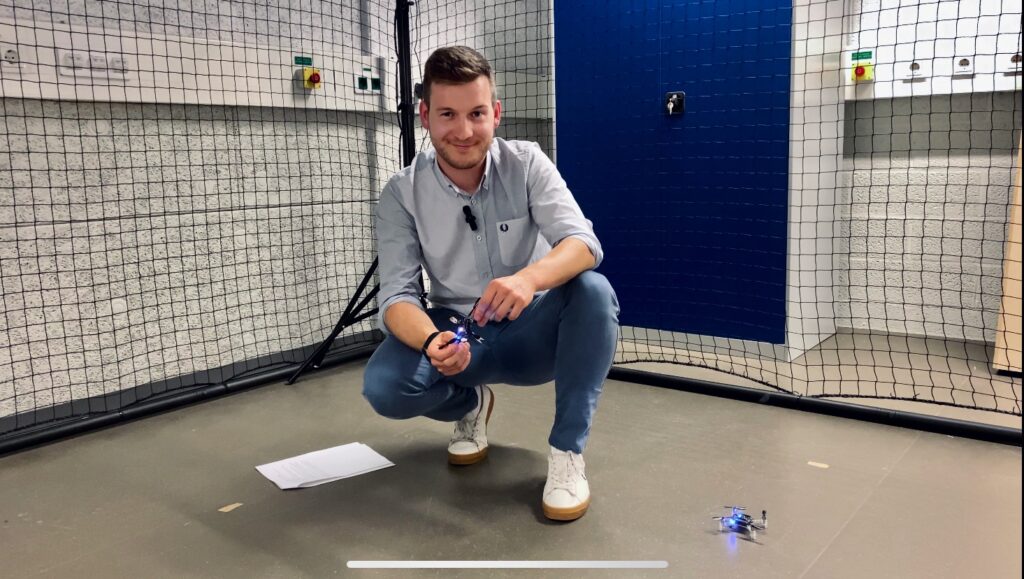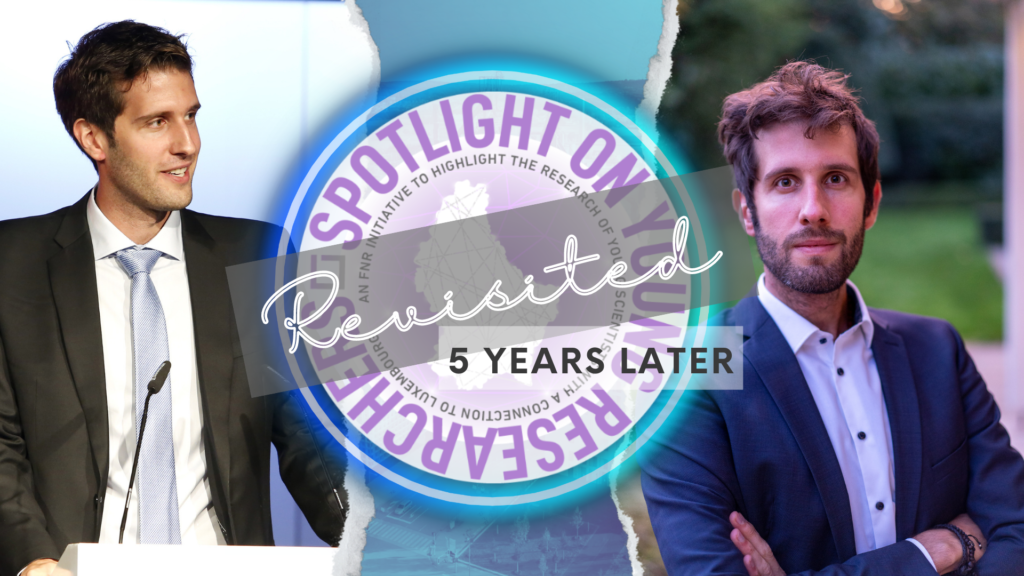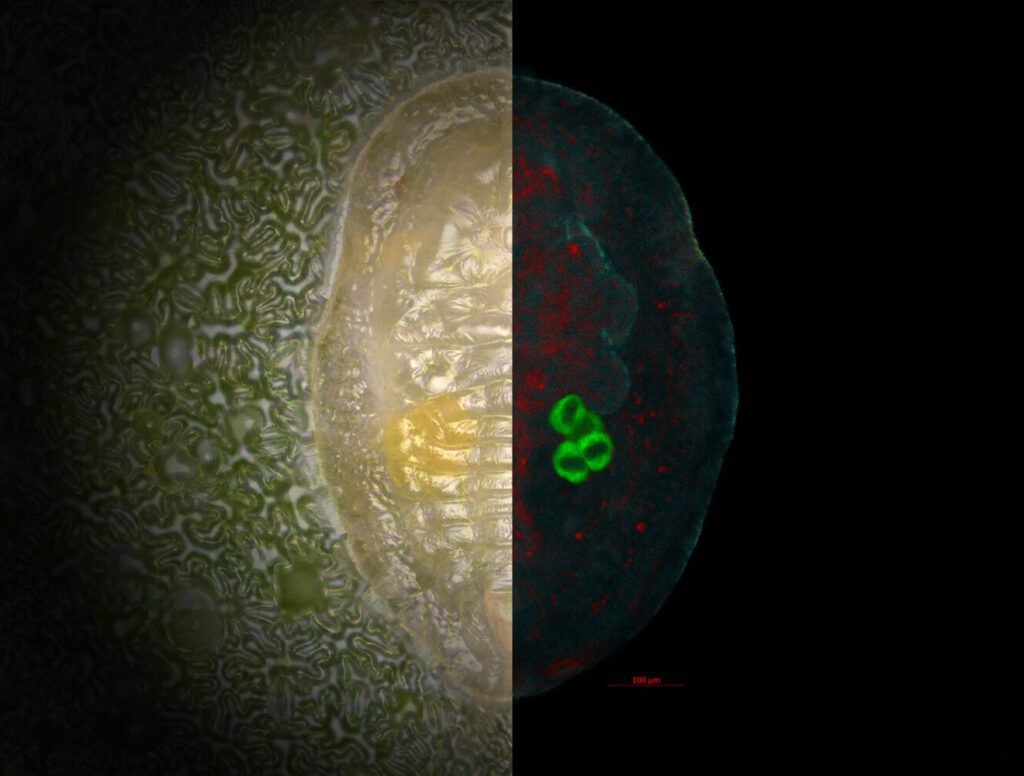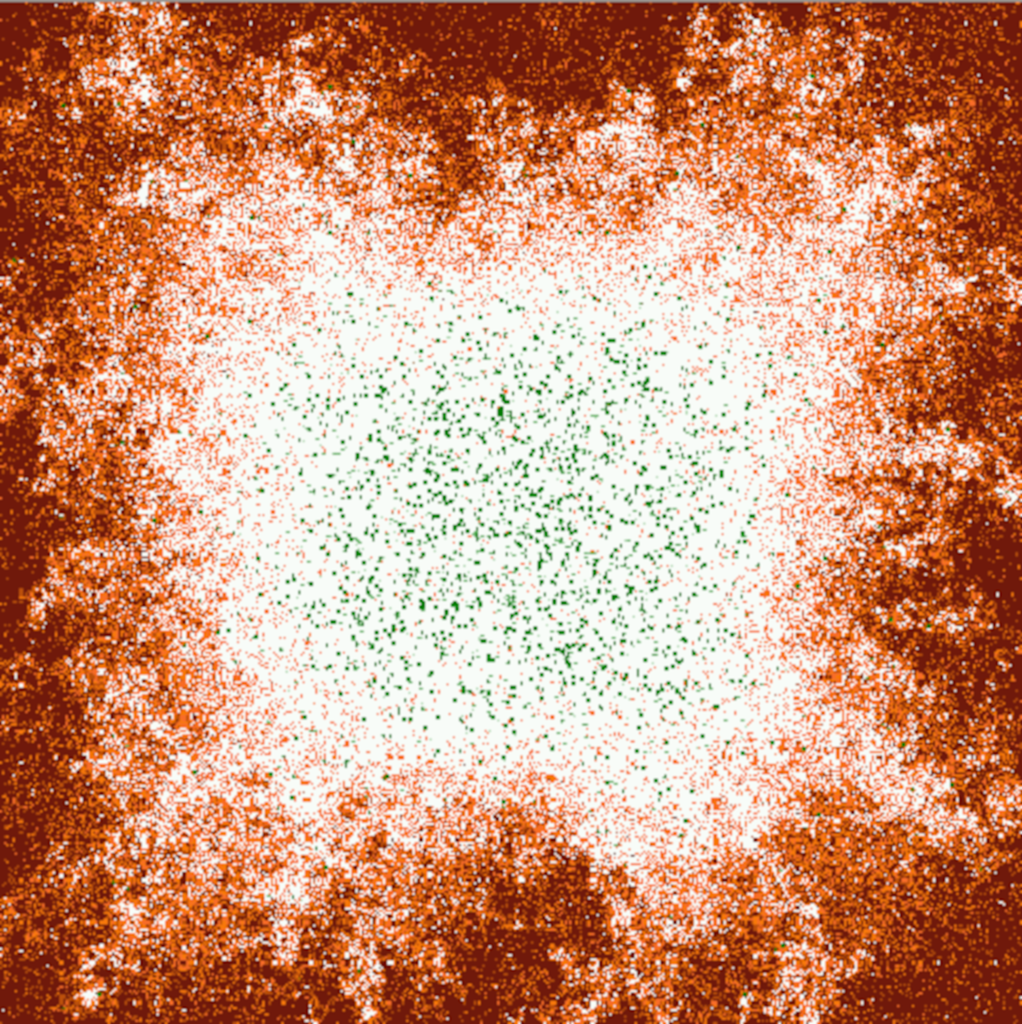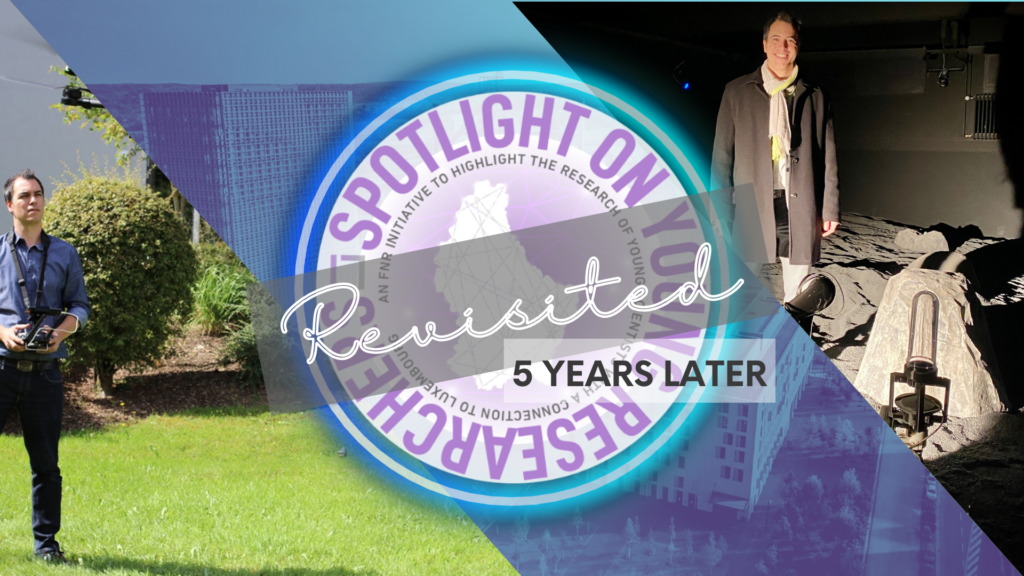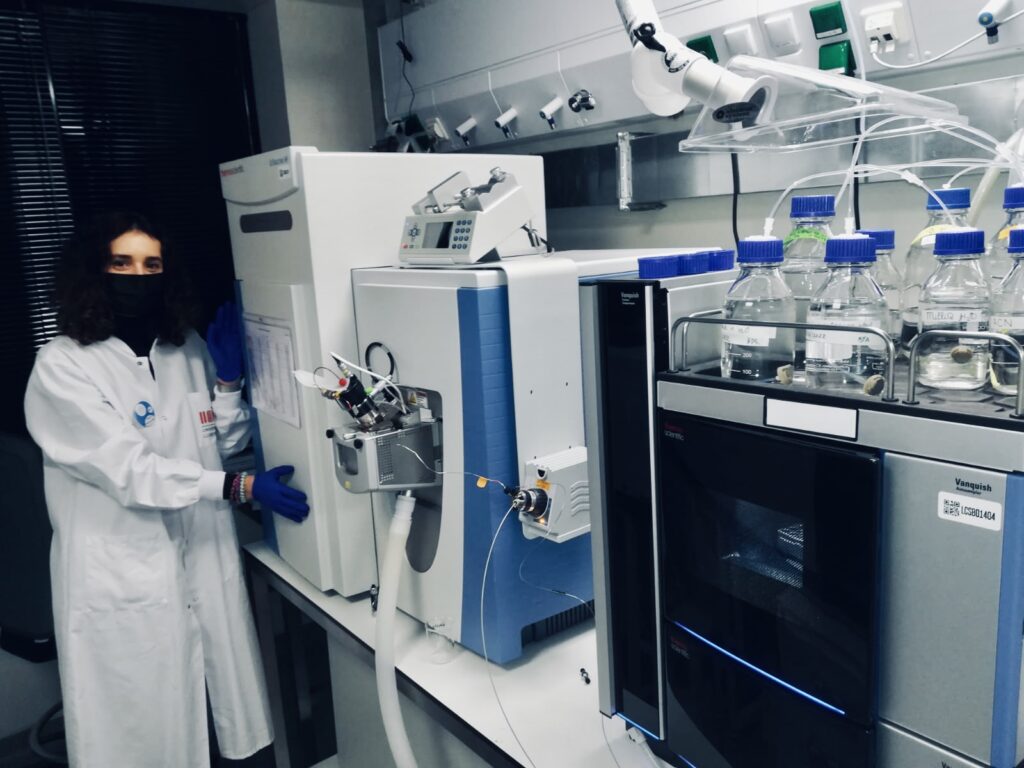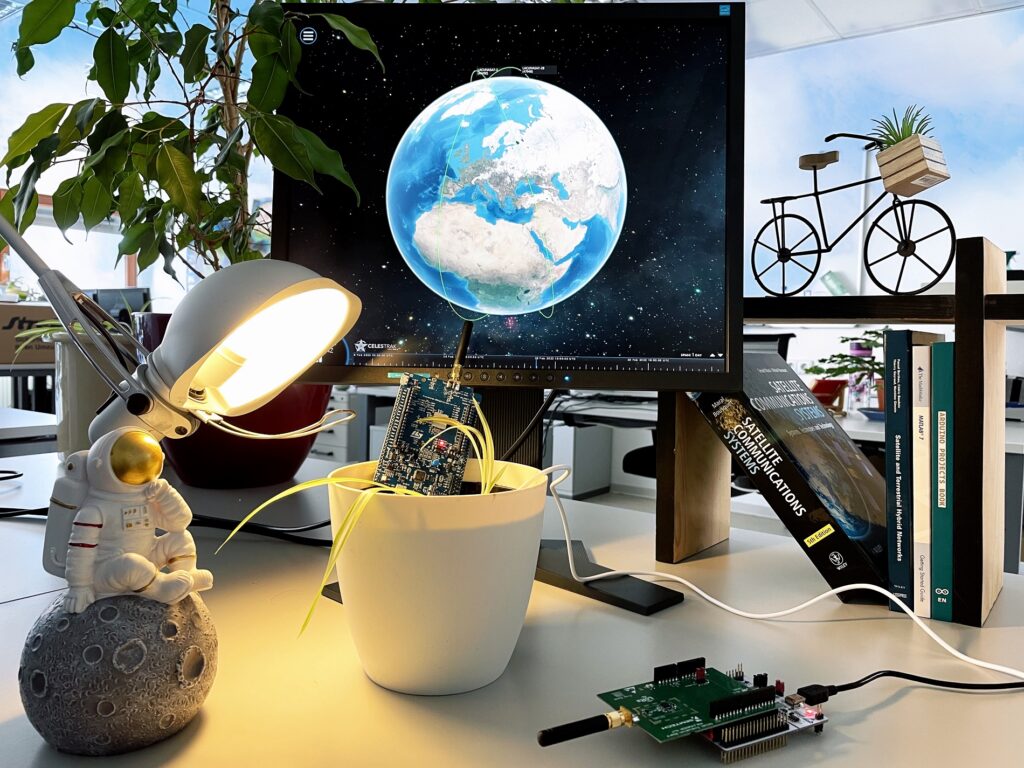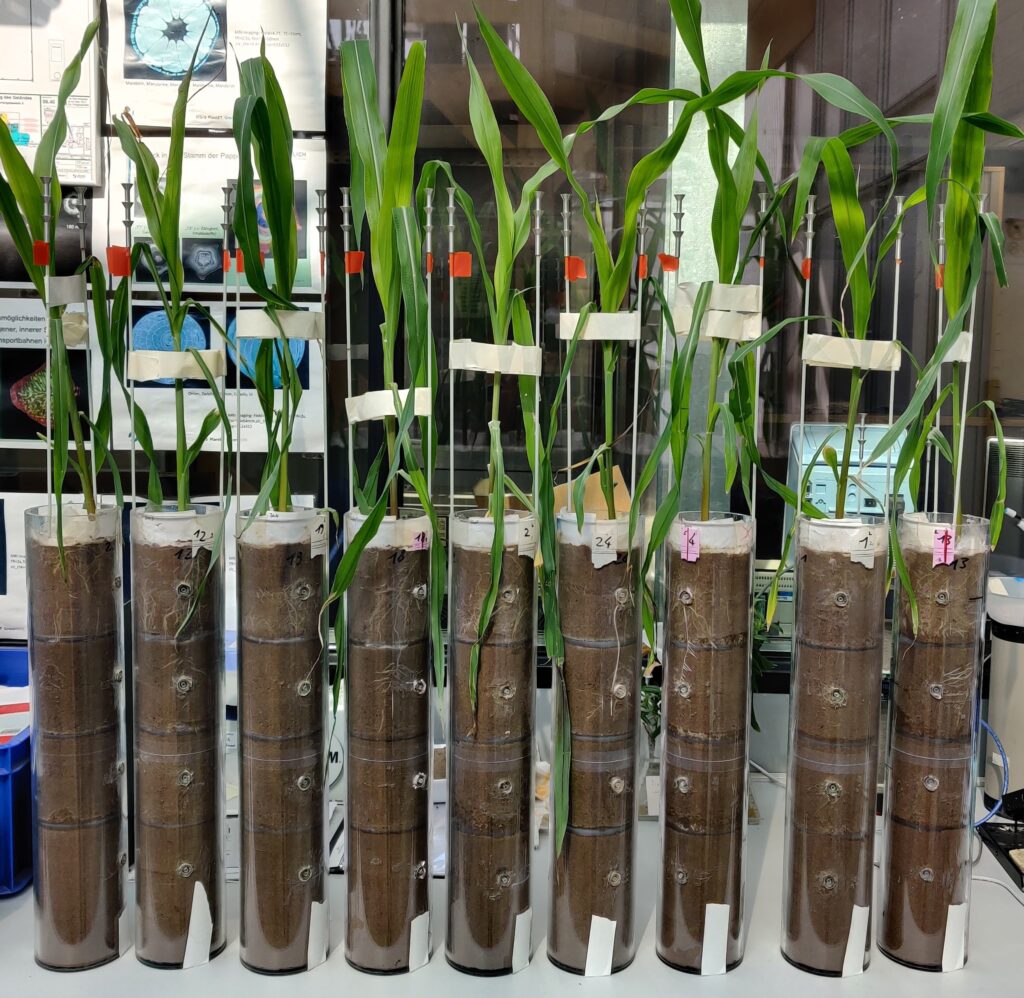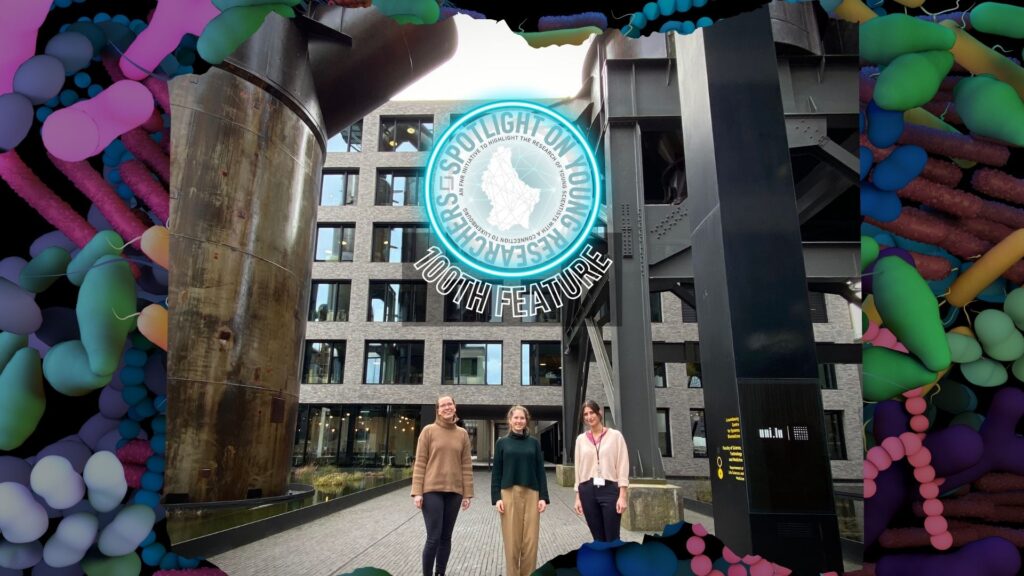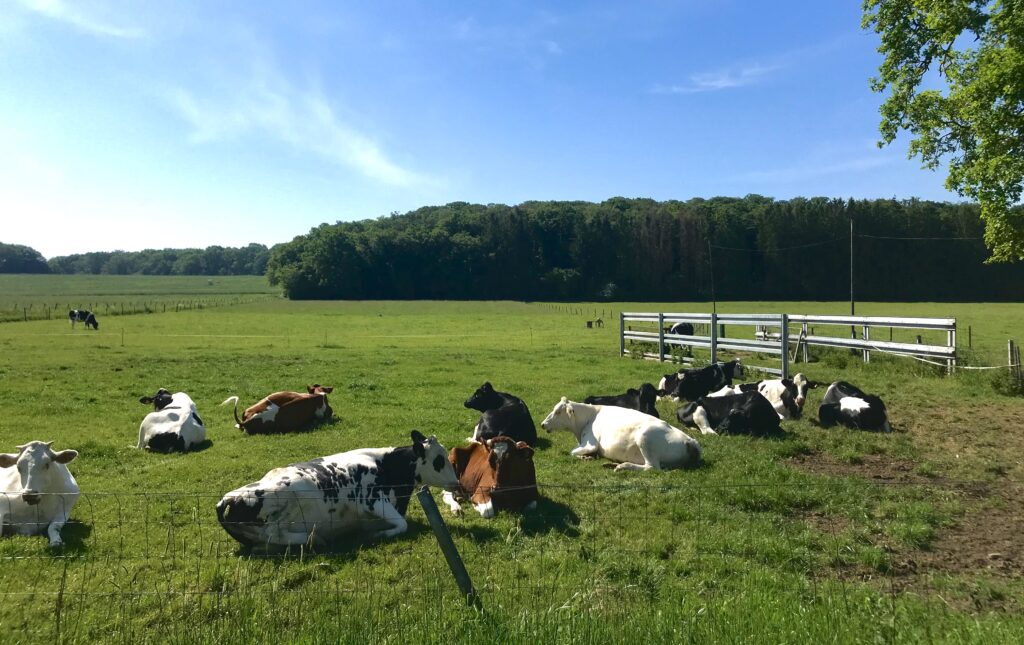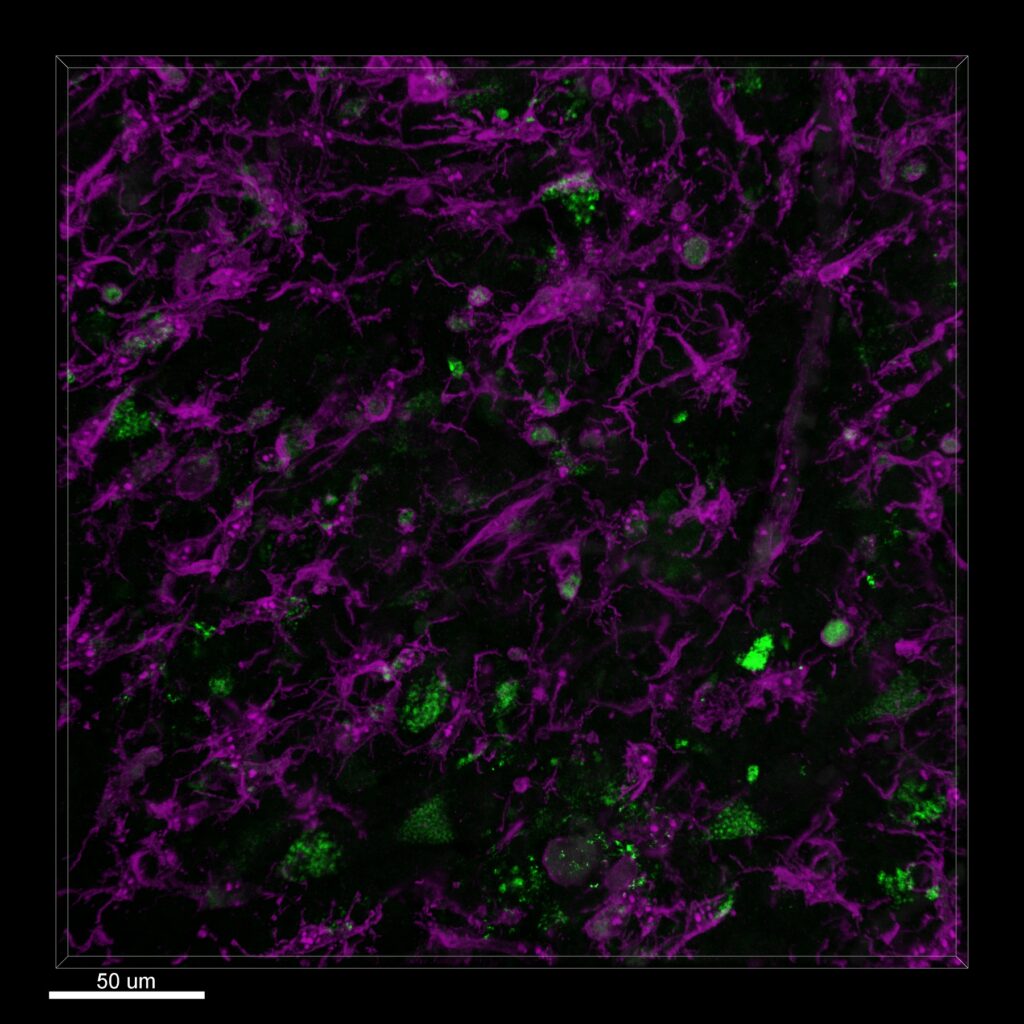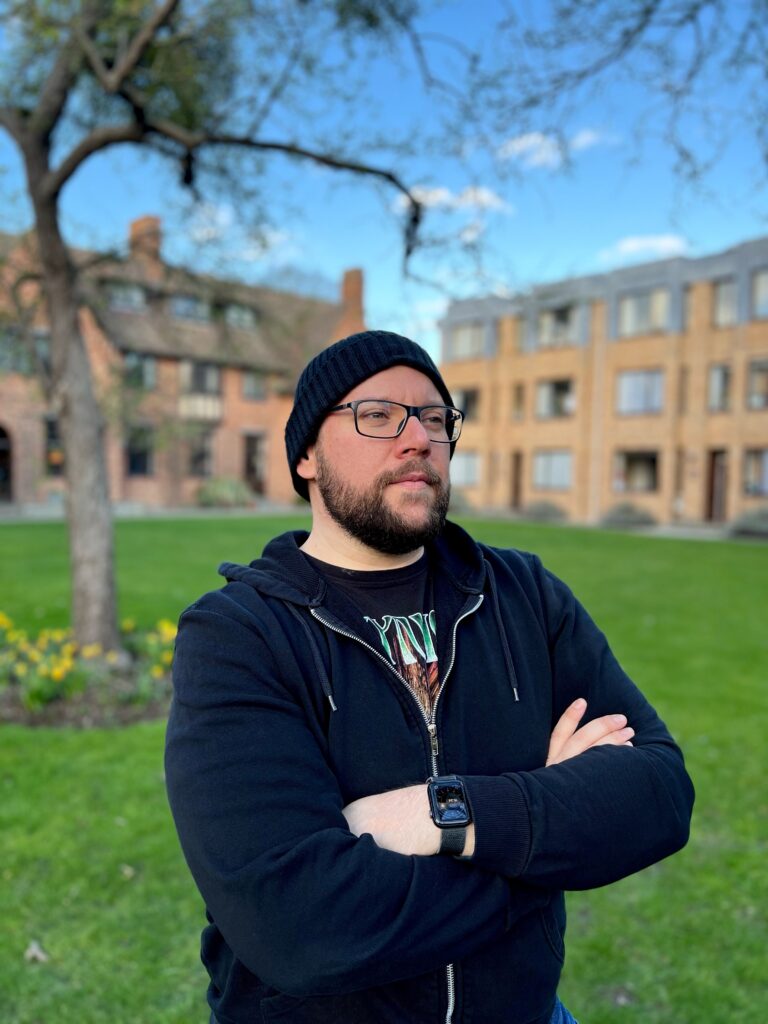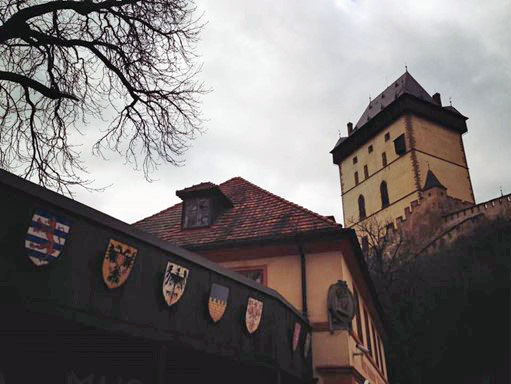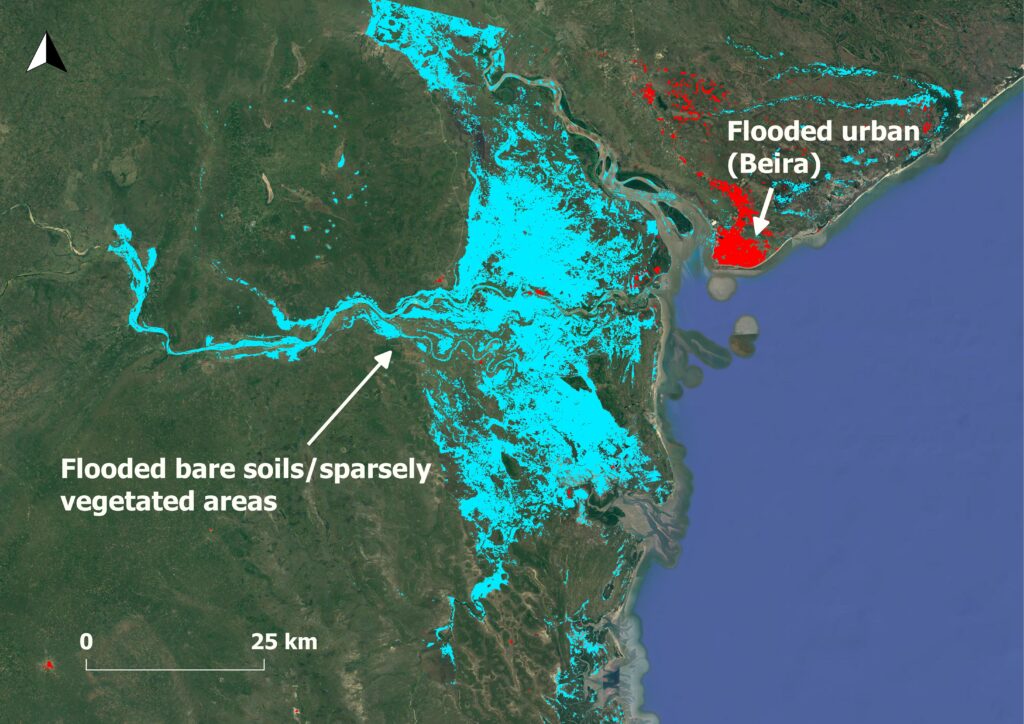Léon-Charles Tranchevent says he has found the perfect job in being a researcher. Cherishing the freedom and unexpectedness of his line of work, the computational biologist also feels it’s his duty to contribute to the training of the next generation of researchers. The French national has recently begun his AFR Bilateral Postdoc at the Luxembourg Institute of Health in collaboration with Nanyang Technological University (NTU) in Singapore.
“I decided to become a researcher to be at the edge of human knowledge, right where things are about to be understood for the first time. I love navigating and exploring this grey zone, the feel of freedom is very exciting,” Léon-Charles Tranchevent says, adding:
“My motivation has always been to better understand how things work, whether that is the universe and the stellar bodies or the human body and the genes. I found in research the perfect job since I contribute to better understand biological mechanisms, which is a first step towards developing better treatments, for instance.”
Léon-Charles explains that another reason for why he chose the path of research was that he wanted to apply his computer science skills to something that he felt would be useful and make a difference. Despite still being early in his career, Léon-Charles has already fallen in love with the career path he chose:
“I love research because there is no such thing as a typical day, every day is different and I have the freedom to decide what I want to do. Of course, there are times when some tasks need to be performed but most of the time I feel I can decide what to do, and when.”
A computational approach to medical questions
Computers have become essential in modern biological research. Léon-Charles uses his expertise in computer science and software development to tackle medical and biological questions. For his current project, he is analysing large amounts of data from cancer patients, with the aim of getting a better understanding of the underlying biological mechanisms of cancer. Léon-Charles explains:
“Nowadays, it is possible to extract a lot of information from a tumour sample – my work is to develop strategies so that we can fully make sense of it. This huge amount of biological data is represented as networks and I develop methods to analyse these complex networks.
“In a broader context, a long term goal is to improve the way we treat patients by, for instance, proposing personalized treatments for each patient, or by proposing novel therapeutic strategies.”
Science, a cross-border human endeavour
Léon-Charles came to Luxembourg for his Postdoc. We asked how come he chose Luxembourg – Léon-Charles says the main motivation is the project itself[1] and adds “The research question is very exciting and matches my expertise. Also, I knew beforehand the research group I would be joining and hold it in high esteem.”
Léon-Charles’s Postdoc fellowship sees him mainly working on his project at the Luxembourg Institute of Health, but he will also be going to Nanyang Technological University (NTU) in Singapore as part of the project. An internationally collaborative project is a great fit for Léon-Charles who considers science to be “a cross-border human endeavour”. He adds:
“My project is a FNR bilateral project between Luxembourg and Singapore, which will allow me to spend some time in Singapore to discover yet another research environment. In addition, this funding program is associated with training opportunities to advance my career towards becoming a fully independent scholar, which I appreciate very much.”
“Altogether, and after 6 months in Luxembourg, I believe I have made the right decision and Luxembourg looks like a nice place to perform research, with strong institutes and more than decent funding opportunities.”
Increasing knowledge, training the next generation, and perfecting practice
Léon-Charles already has a clear idea of what he wants to achieve during his career as a researcher, which he has divided into three objectives. Not only does Léon-Charles – as is in the nature of a researcher – want to push the knowledge in his field, he is also thinking about future generations of researchers, and wants to perfect the way research is done.
Léon-Charles elaborates on his goals:
“The first one is to increase the knowledge we, humans, have about how nature works. I believe that research is by nature incremental and collaborative, so I would rather contribute by making several small steps towards that objective rather than trying to make, for instance, a single major breakthrough.”
“The second objective is to contribute to the training of the next generation of scientists. I feel it is my duty to make sure other people will have the desire and the abilities to perform research in the future. The knowledge we currently have is not much use if nobody builds on it.”
“The third objective is to change the way we, scientists, perform our research. Like any human endeavour, research has its own flaws and problems. We need to enhance the way we do research if we want society to trust our results, and our results to impact society at large.”
More information
[1] View the abstract for Léon-Charles Tranchevent AFR Bilateral project ‘New tools for the prediction of influential nodes and links in multi-level cancer-related networks’
Published 26 May 2017
About Spotlight on Young Researchers
Spotlight on Young Researchers is an FNR initiative to highlight early career researchers across the world who have a connection to Luxembourg. This article is the 12th in a series of around 25 articles, which will be published on a weekly basis. You can see more articles below as and when they are published.



